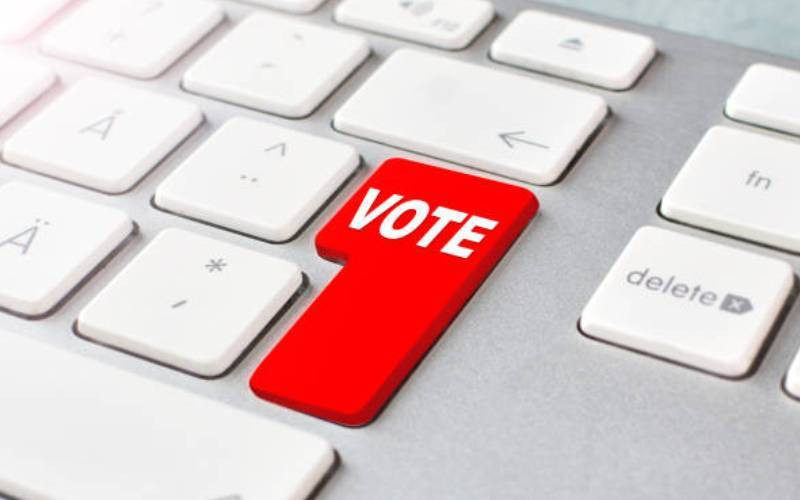×
The Standard e-Paper
Stay Informed, Even Offline

They are loved and hated in equal measure. Embraced and dismissed depending on the outcome, opinion polls have become a mainstay of Kenya's politics.
As the clock ticks to the August 9 General Election, opinion polls have come thick and fast.